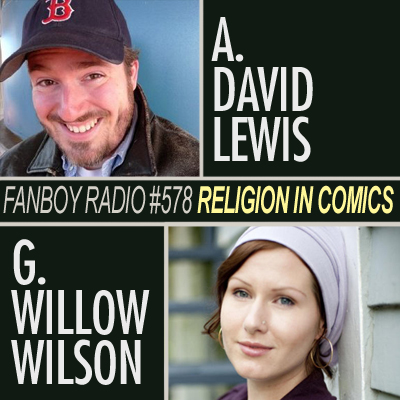Since the previous posting, additional sites and commentators have gone on record regarding Nightrunner, Batman/Bruce Wayne’s selection for his “deputy” in Paris.
Tim Murphy at Mother Jones remains rather neutral and unalarmed on the issue, suggesting that there are two controversies overlaid here: first, that “Frenchmen (and Frenchwomen) would never embrace a Algerian Muslim as a national savior,” and, second, that, in the words of “US comic book creator Bosch Fawstin, […] ‘DC Comics has submitted to Islam.'” This doesn’t seem to be Murphy’s position, though, as he satirically footnotes the report by saying, “Presumably this comes at the expense of the traditional mom-and-pop superheroes, who, now unemployed and compelled to put food on their table by any means possible, turn to crime. It’s the perfect cycle.”
Rory Mulholland of the Agence France Presse (AFP), published online through The Daily Star: Lebanon, also quotes Fawstin. But Mulholland notes that the issues have sold briskly and raised little attention in France itself. Olivia Snaije of Publishing Perspectives says that the French are “bemused” by this controversy (though she offers no French bloggers either by name or by URL).
OnIslam.com lets many of the complaintants speak for themselves but includes author David Hine in the discussion. He explains:
“The urban unrest and problems of the ethnic minorities under (President Nicolas) Sarkozy’s government dominate the news from France […] It became inevitable that the hero should come from a French Algerian background.” […] He said that the Nightrunner is “the kind of hero I would want to see in a comic book if I were French.”
For Hine, then, Nightrunner is not a slight but, rather, a character born out of current events. Add to this the idea posited by an nonymous commenter at the Hindustan Times, suggesting that “Comic book heroes were always about politics and social engineering.” If that is correct, is Nightrunner that far afield? IkhwanWeb believes that the furor over Nightwing isn’t that he has Algerian roots or is potentially representing the French; rather, their article suggests that right-wing bloggers simply feel “a Muslim [is] not fit to play the role of a superhero and fight crime.” In short, the subtext of protests against Nightrunner seem to stress that Muslims cannot be superheroes. Though not discussing Nightrunner, the Malaysian Sun2Surf features the debut film of a new Muslim superhero, the eponymous Haq. Co-director Jumaatun Azmi is quoted as saying, “These values are also universal and they apply to all faiths. Even if you’re not a Muslim, you can still relate to the values,” a possible retort to the right-wing subtext.
At the forum for SuperheroHype.com, the conversation has inverted somewhat, questioning whether a superhero can be as overtly and outwardly Christian as Nightrunner is Muslim. Additionally, the poster lebenskuntzler at LiveLeak.com argues that only multiculturalism is permitted in popular culture, including superhero comics, going so far as to suggest a supervillain modeled on Mohammed (pbuh) be more fitting for Batman comics.


 Does the imminent cancellation of Outsourced leave Aziz Ansari from Parks and Recreation, tweets from Deepak Chopra, and CNN’s Dr. Sanjay Gupta as your only connection to Indian culture and Hinduism? Let’s correct that:
Does the imminent cancellation of Outsourced leave Aziz Ansari from Parks and Recreation, tweets from Deepak Chopra, and CNN’s Dr. Sanjay Gupta as your only connection to Indian culture and Hinduism? Let’s correct that: